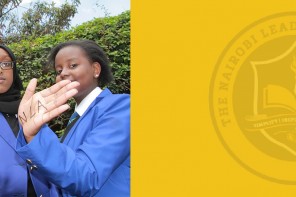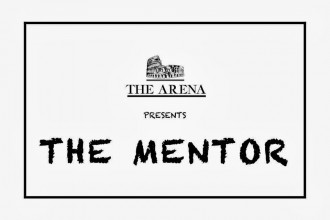At a time where being a project manager for Microsoft would be any techie’s dream job, Patrick Awuah walked away from it all to create Ashesi University in his hometown – Ghana. This is an institution founded on the principle that education is the only way to ensure we are not let down by the next generation of African leaders. His work and contribution to the society has lead him to be named one of the 2014 Social Entrepreneur of the Year by the Schwab Foundation, one of the 100 Most Creative People in Business by Fast Company magazine; amongst many other numerous awards and accolades. By striving for perfection in Ghana, Patrick and the Ashesi community are achieving excellence.
 The word ‘Ashesi’ loosely translates into ‘beginning’ which is exactly where the tertiary education institutions need to start in order to make real contribution to the society. The problem with universities in Africa and the graduates they produce is that no one is willing to stray from the status quo. This is mainly because in places like Ghana only (according to the World Bank) only 12% of the population have the opportunity to go to university. This instils within them with a sense of entitlement instead of working for their society, they do everything they can to maintain their position thus making their societies work for them. Ashesi University is that forefront of combating this evil mentality by constantly reminding their students that as engineers, doctors and mathematicians, they are leaders who owe a duty to society.
The word ‘Ashesi’ loosely translates into ‘beginning’ which is exactly where the tertiary education institutions need to start in order to make real contribution to the society. The problem with universities in Africa and the graduates they produce is that no one is willing to stray from the status quo. This is mainly because in places like Ghana only (according to the World Bank) only 12% of the population have the opportunity to go to university. This instils within them with a sense of entitlement instead of working for their society, they do everything they can to maintain their position thus making their societies work for them. Ashesi University is that forefront of combating this evil mentality by constantly reminding their students that as engineers, doctors and mathematicians, they are leaders who owe a duty to society.
The school opened in 2002 with 30 students and now more than 10 years on they have managed to become a pioneer for liberal arts education in Africa by placing ethics, critical thinking and innovation at the centre of learning. Currently the institution has a population of 631; 48% of which are women, 40% of which are on scholarship and 16% of which are international students. Ashesi’s real impact is in the way it has improved Ghana’s and broadly speaking Africa’s public university system. For example, since Ashes i’s inception in 2002, faculty from Ghana’s public universities have used their example to successfully lobby their government to significantly increase faculty salaries and to add computer labs, instead of teaching computer science on paper. This demonstrates that the anything is possible once you start from the beginning.





